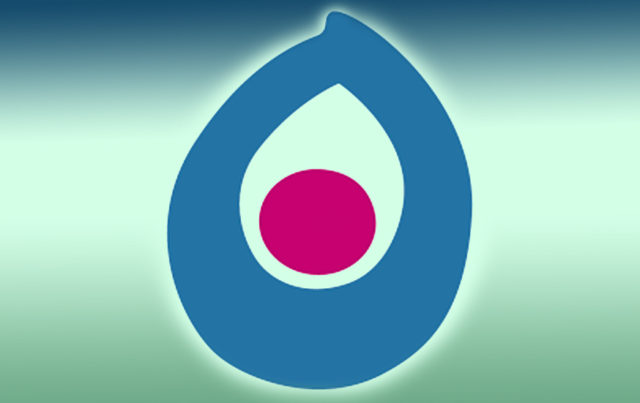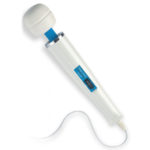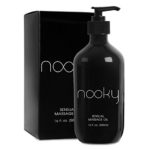
Women have many more choices in contemporary society than in years past. This is especially true when it comes to when to start a family. Unlike our parents’ generation, who tended to have children earlier, women of today don’t have to be in such a rush to beat their biological clock. There are many more options than before for a woman to safely have children much later in life. One such option is egg freezing. But what is the process like, and is it an option for you?
The Process:
Getting started with egg freezing is as simple as contacting a fertility specialist and making an appointment for a consultation. They will provide you with all the necessary information to help you decide and, if you’re ready, start the process.
In order to stimulate your ovaries to produce multiple mature eggs, you will be put on a medication regimen, and will go through regular monitoring with your fertility doctor. The actual collection process takes place in an ambulatory surgical center and is relatively brief, taking only 10-15 minutes. A vaginal ultrasound is used to guide the insertion of a long, thin needle through your vagina into the ovary and then into each follicle to retrieve eggs. Possible risks include pain, damage to nearby organs, and infection. But most women are back to feeling normal by the next day.
There are several different financing options available for egg removal. With the Frozen Egg Bank Network, the Single Cycle Plan package costs between $5,000 and $9,000 (this is for removal only). Storage is $500 to $1,000 per year.
Once your eggs are retrieved and frozen, they will be stored and available to you whenever you are ready start or grow your family, at which point IVF may take place. One woman spent 14 years on her studies and career before using the eggs she had frozen as a teenager!
Reasons:
There are innumerable reasons to freeze your eggs, and they are as diverse as the women who choose to do so:
- Wanting to Wait: Many women decide to freeze their eggs because they may feel it is not the right time for them to have a child, even though they do want children in the future. Some women want to go back to school and further their education; some women want to wait for the right romantic partner to come along; and some women want to climb the corporate ladder. Any and all of these reasons are perfectly sensible when considering freezing eggs. There’s absolutely no harm in deciding to wait.
- Medical or Genetic Complications: Some women have a history of medical issues that could affect the quality of their eggs later in life. These conditions include early menopause, endometriosis, PCOS (Polycystic Ovary Syndrome), or any other condition that might cause issues in the uterus or reproductive system. Women struggling with these issues often take comfort in the fact that their eggs can be preserved before any problems arise.
- Cancer Diagnosis: Cancer treatment is a challenging time for anyone. They have the stress of the treatment, if they didn’t get something like Breeze critical illness insurance then they also have paying the bills to worry about, they have their family to think about, they might also face job uncertainty if their treatment goes on for too long, and so much more. So, women struggling with cancer often elect to freeze their eggs to ensure they can have children in the future, no matter what happens. It’s widely known that many cancer treatments can be devastating to a woman’s ability to have children. Chemotherapy and radiation can affect the quantity and quality of a woman’s eggs, cause serious problems for women hoping to conceive after the treatments. That’s why egg freezing is such a popular decision. They can focus on recovery while taking comfort in the fact that their healthy eggs will be preserved for as long as they like.
- Ethics and Religion: Another common option for those looking to get pregnant later in life is creating and freezing embryos for use in later IVF cycles. However, certain religions and belief systems may not allow this kind of practice when trying to have children. However, freezing unfertilized eggs does not present the same moral complications as freezing fertilized embryos. This makes it a great option for those wishing to have healthy children later in life without compromising their religious beliefs.
- Keeping options open: Some women just aren’t sure if they will ever want to have children, and that is just fine. Egg freezing has become more popular with this group of women as well. Freezing your eggs keeps your options open for years and years down the road. And even if you decide you never want to have children, you can help someone else by donating your eggs to their cause. Donated eggs help a lot of people start families when other methods have failed.
There is no wrong reason to freeze your eggs, since it’s a very personal decision for each individual and her family. Fun fact: Every single living female astronaut has had some eggs frozen. Basically, egg freezing allows the opportunity for your plans to change without having to think, “If only…”
Who can freeze their eggs?
Generally, good candidates for egg freezing are healthy women with viable eggs. Those are usually all of the minimum requirements, making this option available to virtually all women desiring to preserve eggs for the future. However, it’s important to keep in mind that the younger you are the more healthy eggs you have, which will mean a greater number of healthy eggs to freeze. Women have the greatest number of healthy eggs in their twenties, starting to decline significantly after age 35. However, there have still been cases of women over 40 successfully freezing their eggs as well.
Egg freezing is certainly on the rise among women in today’s society, and it’s pretty easy to see why. Who wouldn’t want to be able to help ensure a healthy pregnancy later in life while using their younger years to achieve personal goals or take care of their health? Explore your options today and see if freezing your eggs could be the right decision for you.
















